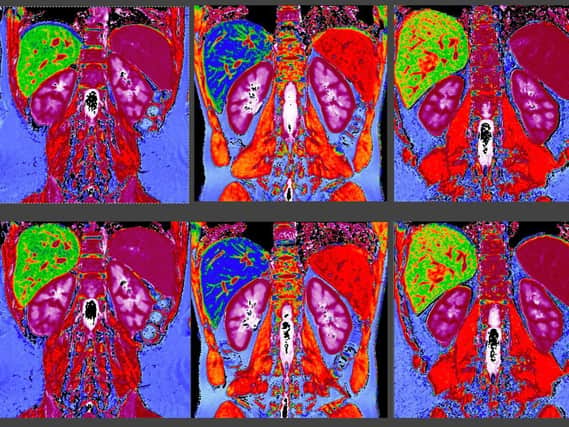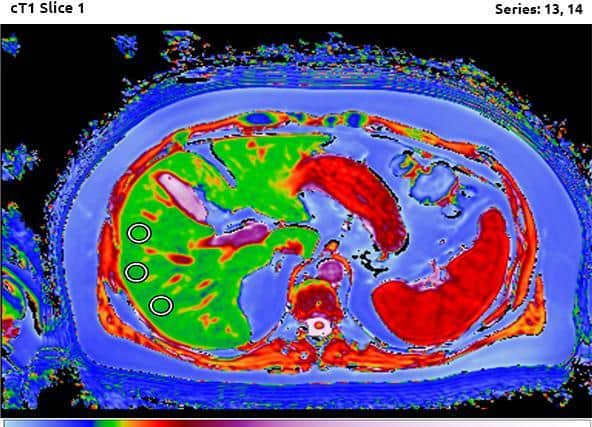Coronavirus suspected of causing multiple organ damage according to Oxford researchers


A collaboration of British medical centres are collaborating on discovery of the long term health impact of Covid-19 on 500 people who have survived the illness.
They say the virus is suspected of causing multiple organ impact that is not confined to lung damage. They will be scanning key organs of the survivors using specialist technology and they hope the results will enable them to help model impacts and direct future treatments and even vaccines.
Advertisement
Hide AdAdvertisement
Hide AdThe study was launched by Perspectum, one of the UK's leading medical imaging companies to map how Covid-19 impacts the health of internal organs and identify at-risk features for the virus. It uses detailed cross-sectional imaging and genetic studies. It has received approval which has been expedited by ethics authorities to get answers to the many questions coronavirus is posing.


The infection is known to cause damage to organs such as the heart, kidneys, liver and the haematological and immune systems. Howeer, the extent, and expected long-term impact, of this organ health or damage has not been characterised. Patients recovering from serious disease will pose a huge, ongoing challenge, the researchers say.
The study’s primary objective is to determine the prevalence and degree of lung, heart, kidney, liver, pancreas and spleen injury in a group of patients recovering from COVID-19 disease,
using multi-parametric, magnetic resonance imaging (MRI). Over a period of 24 months, the trial aims to recruit over 500 patients recovering from COVID-19 disease following SARS-CoV-2 infection.
Advertisement
Hide AdAdvertisement
Hide AdThe research also seeks to assess change in the health of multiple organs and whether genetic traits may influence recovery. The study will use outpatient MRI facilities and involve blood tests, basic physical measurements (height, weight, blood pressure) and online questionnaires.


“We lack comprehensive knowledge of the medium to long term effect of SARS-CoV-2 infection on organ health,” said Perspectum’s CEO Dr Rajarshi Banerjee. “Initial reports suggest, however, that there is evidence of organ damage in those being discharged following severe COVID-19 disease. Through this study, we want to gain a better understanding of the impact of this disease by mapping the extent of organ health. In doing so, we hope to further support global efforts in planning for ongoing healthcare needs.
"The Coverscan study has been designed to safely assess patients, using non-invasive imaging, with minimal risk to all involved.“